Does Ketamine therapy get you high? This question is often discussed. Ketamine was earlier used as an anesthetic, but recently in the treatment of severe depression due to its rapid antidepressant effects. While some individuals may temporarily feel detached or have changed perceptions during treatment, the major objective of ketamine therapy is not to produce a recreational ‘high.’ In its place, it aims to offer therapeutic relief.
This blog will look at the details of the effects of ketamine, its safety when used appropriately, and why understanding its mind-altering potential plays a key role in therapeutic settings.
What is Ketamine used for?
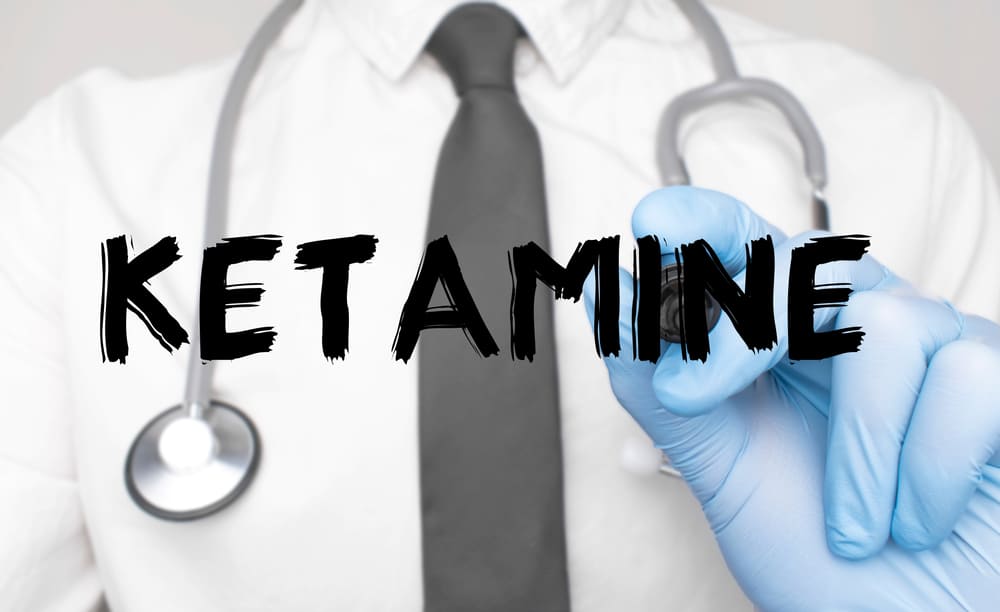
Ketamine is indicated for:
- Anesthesia: In surgeries and medical procedures, especially during emergencies.
- Pain Management: To manage sudden and long-term pain, especially when other painkillers don’t act.
- Depression: For treating severe depression that fails to respond to other treatments. It may quickly relieve symptoms of depression in a few individuals.
- Psychiatric Disorders: To treat mental health issues like anxiety and PTSD (Post-Traumatic Stress Disorder).
Does Ketamine therapy get you high? While ketamine therapy may bring about psychoactive effects such as feelings of being disconnected (dissociation), it can be given in controlled doses to avoid recreational use or a “high”. The major objective is to rapidly ease the symptoms of depression as well as suicidal thoughts in a safe, monitored setting where any side effects may be managed effectively.
How does ketamine therapy work?

Ketamine therapy, particularly for depression and other mental health issues, acts in many ways:
- NMDA Receptor Modulation: Ketamine blocks the receptors of NMDA present in the brain. Thus, improves the levels of brain chemicals such as glutamate and plays a key role in learning and memory.
- Anti-inflammatory Effects: Ketamine helps reduce brain inflammation. For this reason, it can be used in conditions where brain inflammation is an issue, such as depression and chronic pain. This blog explains Does Ketamine therapy get you high.
- Glutamate Pathway Modulation: By affecting glutamate transmission, ketamine aids the brain produce new pathways and connections. This may aid in the reversal of brain changes due to chronic stress and depression.
Ketamine for depression:
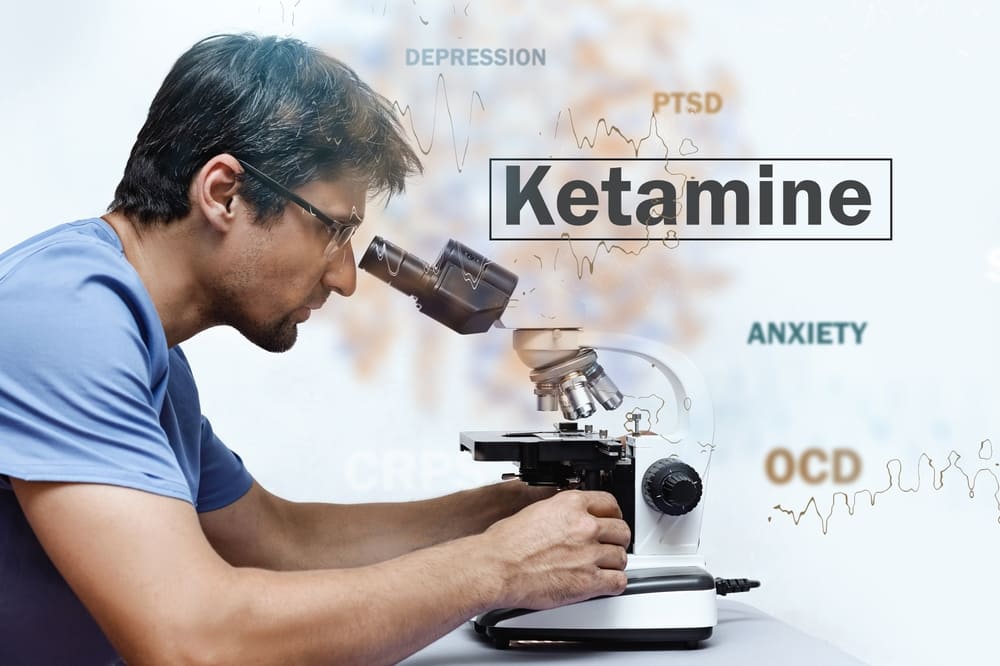
Ketamine for depression has gained attention because of its fast onset of action, particularly for individuals who fail to react to normal antidepressants. Ketamine, once primarily an anesthetic, now shows promise in treating severe depression.
Its rapid effects have been transformative for some patients resistant to other therapies. Regular monitoring and cautious administration are crucial due to its potential for misuse. Consult with healthcare providers trained in its use for personalized guidance.
Is Ketamine an opioid: Is Ketamine addictive?
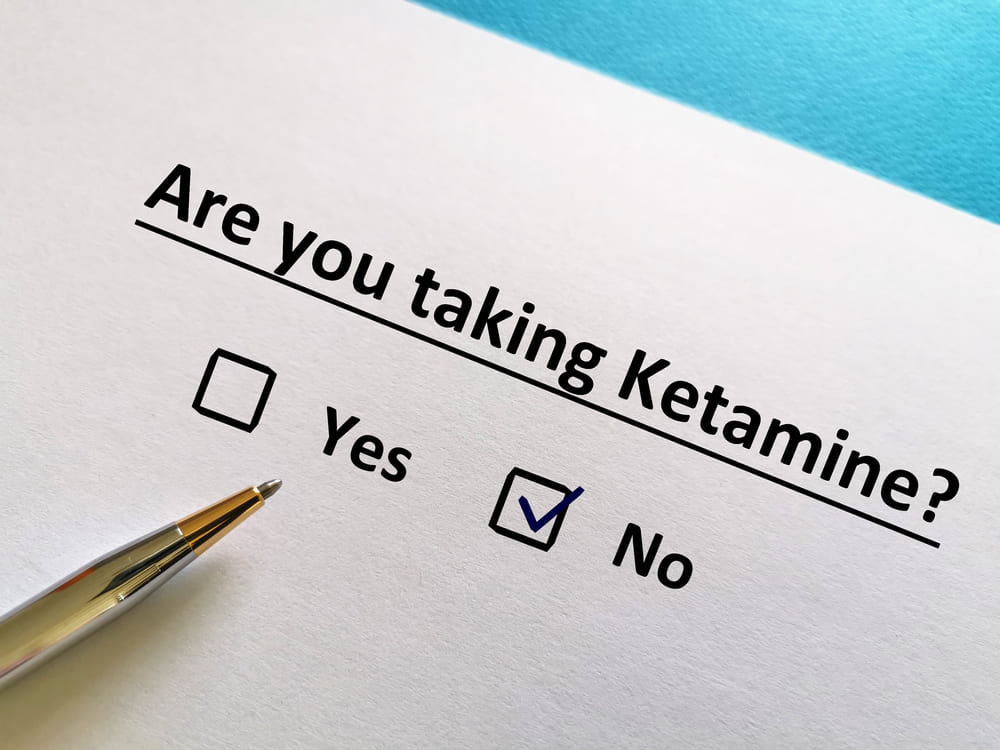
Ketamine is not an opioid. It is a dissociative anesthetic. Regarding addiction potential, ketamine has a potential for abuse and addiction, particularly when used outside of medical supervision or in higher doses than prescribed.
Yes, Ketamine can be addictive. While it is used medically as an anesthetic and for treating certain mental health conditions, such as depression, it has the potential for misuse and addiction.
Does Ketamine therapy get you high? The addictive potential of ketamine is associated with its psychoactive effects, which may create dissociative as well as hallucinogenic experiences. Long-term use or misuse of ketamine may cause tolerance (needing higher doses to achieve the same effects) and psychological dependence.
Ketamine Side Effects:
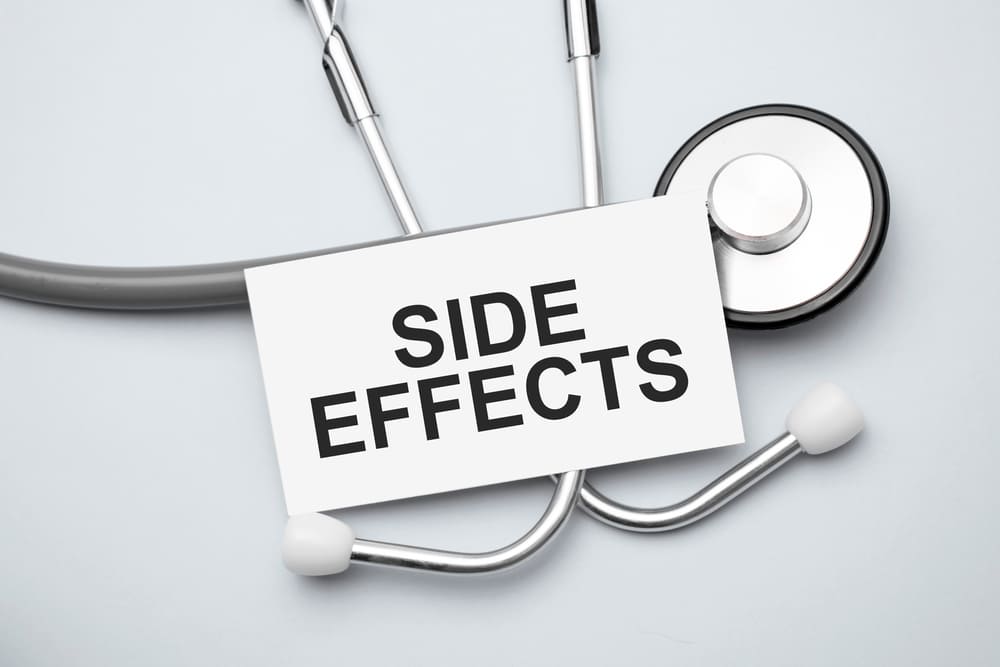
Common side effects of ketamine include:
- Increased heart rate
- Increased blood pressure
- Loss of coordination
- Dizziness
- Drowsiness
- Headache
- Hallucinations
- Nausea and vomiting
- Dissociation or feeling detached from reality
- Confusion
- Changes in vision
These side effects may differ based on the dose, route of administration (e.g., IV vs. Intranasal), as well as patient’s sensitivity to the drug.
Does Ketamine therapy get you high?

Ketamine therapy may make some individuals feel “high” because of its psychoactive effects. These effects may include:
- Dissociation: Feeling disconnected from truth.
- Hallucinations: Seeing or hearing things that don’t appear.
- Altered Perception and Sensation: Changes in the way you see, hear, or feel things.
Is Ketamine FDA approved: Is Ketamine safe?
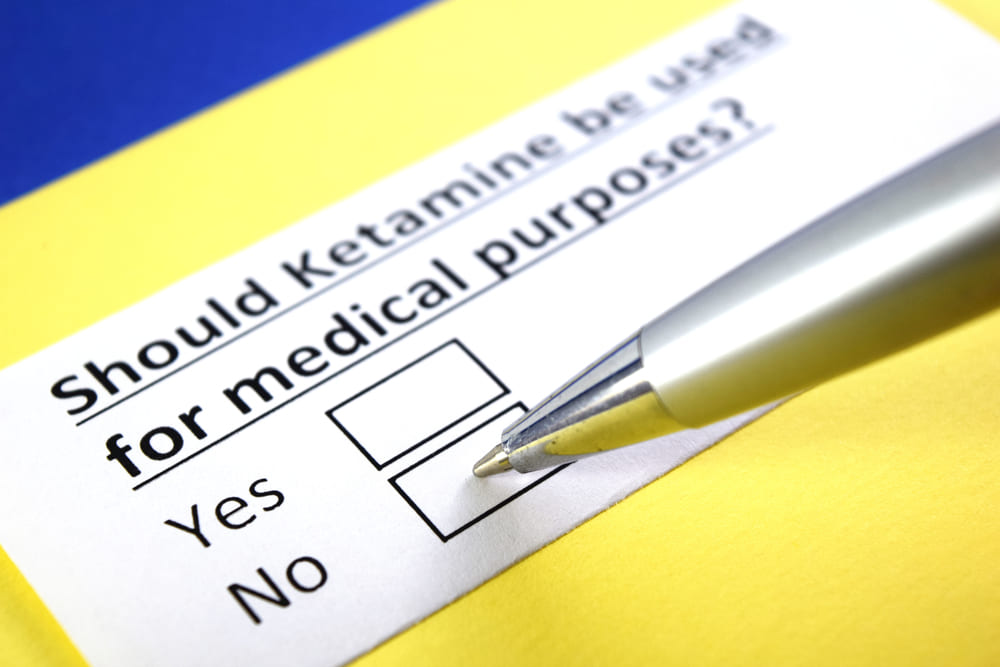
Yes, Ketamine is FDA-approved for certain medical uses. Here are some key points about its approval and safety:
- FDA Approval: Ketamine is approved by the U.S. Food and Drug Administration for use as an anesthetic. Esketamine, a type of ketamine, is also approved by the FDA for treating treatment-resistant depression.
- Safety: When used appropriately and under medical supervision, ketamine can be used safely. Yet, like any medication, it may produce side effects and risks, particularly if used inaccurately or in high doses.
FAQs:
Who is not a good candidate for Ketamine therapy?
Ketamine therapy may not be suitable for people with a history of severe cardiovascular disease, as it tends to increase heart rate and blood pressure. People with a history of substance abuse or addiction, such as ketamine itself, can also be at a greater risk for misuse. Also, patients with active psychosis or schizophrenia are considered not considered good candidates owing to concerns about exacerbating psychotic symptoms. Also, pregnant or breastfeeding females and patients with poorly controlled blood pressure must take this medication with care or might not be suitable candidates altogether.
Is Ketamine a horse tranquilizer?
Yes, Ketamine is at times known as a “horse tranquilizer” as it’s used as an anesthetic for animals like horses. It acts similarly in humans, leading to anesthesia and sedation. But ketamine can also be used in human medicine for more than just anesthesia.
How long does Ketamine stay in your system?
The time duration of ketamine in the body may vary based on a person’s metabolism and his or her overall health. When given via IV, ketamine’s effects can last about 1 to 2 hours. It may stay in your body for up to 24 hours after a single dose. Tests can find ketamine byproducts in urine for a few days, depending on how sensitive the test is. If someone uses ketamine a lot or takes high doses, it might stay in their system longer. Like with any medicine, how long ketamine stays in your body varies a lot from person to person.
Is Ketamine a psychedelic?
Yes, Ketamine is a dissociative psychedelic drug. Its psychedelic effects include changes in perception, like distorted time and space, vivid hallucinations, and feeling detached from reality. These effects occur because ketamine blocks NMDA receptors, disrupting communication in the brain. Due to these properties, Ketamine is used in therapeutic settings to treat mental health conditions. However, because it can be misused and cause hallucinations, it must be administered and monitored carefully.
How fast does Ketamine work for anxiety?
Ketamine can start working fast for anxiety, often showing effects within minutes to hours after it’s given. This quick action is because ketamine changes how neurotransmitters, like glutamate, work in the brain. Ketamine’s ability to calm anxiety may swiftly lessen symptoms in people with anxiety disorders, especially those needing urgent relief or who haven’t improved with other treatments.
How long do Ketamine infusion side effects last?
The side effects of a ketamine infusion can last different amounts of time for different people and depend on the dose given. Common side effects like dizziness, drowsiness, nausea, or feeling disconnected usually go away within a few hours after the infusion. Other effects, like changes in mood or perception, might last several hours to a day. It’s important for people getting ketamine infusions to be closely watched during and after treatment to handle any side effects and make sure they are safe and comfortable.
Can you overdose on Ketamine?
Yes, it is possible to overdose on ketamine, although it is less common compared to other substances like opioids. Ketamine overdose can lead to severe effects such as respiratory depression, dangerously high blood pressure, hallucinations, confusion, and potentially coma or death in extreme cases. Does Ketamine therapy get you high? The risk of overdose increases with higher doses, misuse, or when combined with other substances. Immediate medical attention is necessary if overdose symptoms are suspected, and treatment typically involves supportive care to manage symptoms and ensure recovery.
References:
- https://www.ncbi.nlm.nih.gov/books/NBK470357/
- https://www.dea.gov/sites/default/files/2020-06/Ketamine-2020.pdf


